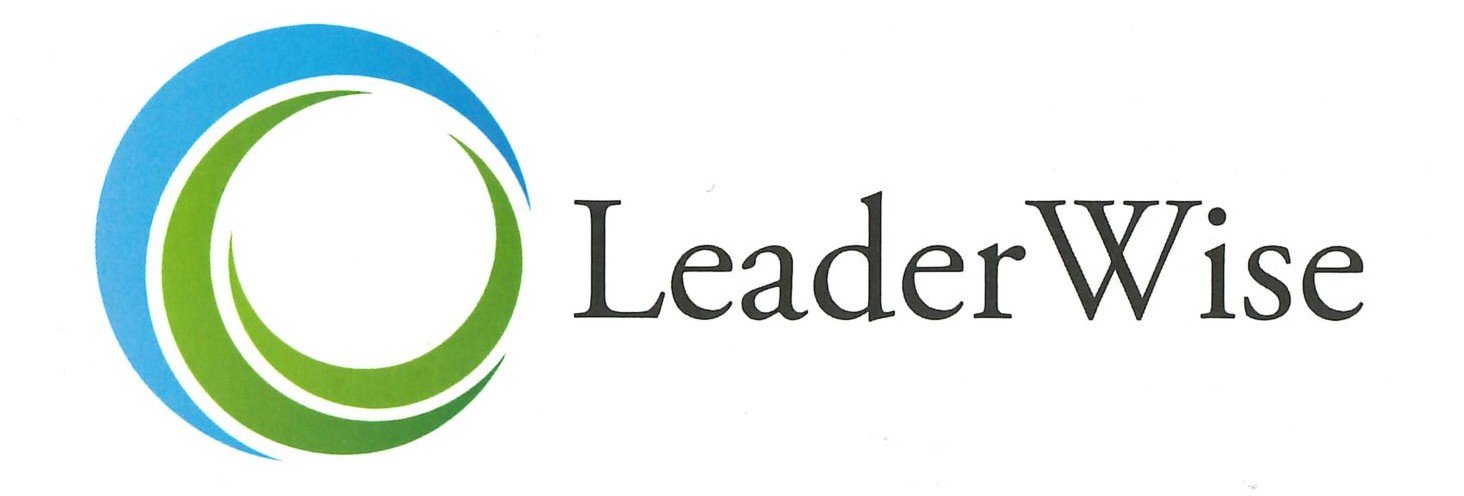Exploring Our Heritage
In Honor of National Immigrant Heritage Month
By emilie boggis with wisdom from and gratitude to Luis Antonio Boada Davila, Devon Gayle, Eun Joo, John Chang-Yee Lee and Kara Song.
I (emilie) am lucky enough to spend time at Cross Roads, an ELCA (Lutheran) and Episcopalian camp and retreat center here in New Jersey. Opting for the country roads on my way there, I delight in passing the Romanian Orthodox Church, where 20 Romanian-American families dedicated themselves to erecting a beautiful wooden church designed in the Maramuresian style of their Romanian homeland on American soil. An immigrant congregation, their church is both a symbol of a home left behind and a hope for their future in a new land.
June is National Immigrant Heritage Month. Established over ten years ago, it is an annual invitation for people across the United States to explore our heritage. Yet, be warned: this can feel like a loaded expedition. Exploring American heritage requires us to hold a multitude of ancestral stories together from First peoples to colonists, from immigrants to those forced into migration via slavery. These days the term “immigrant” is also an overly politicized word. As I write this article, there are protests supporting undocumented immigrants. It would be far too easy—and comfortable!—to overlook National Immigrant Heritage Month. But then, I remember the counsel of LeaderWise consultant, Okokon Udo, to “know our heritage.” Honoring this month invites Americans to explore our heritage.
Today, we share the wisdom that resulted from five interviews with faith leaders who are first generation immigrants, whose 1.5 or 2nd generation immigrant identity informs their ministry, and/or who serve immigrant communities. Each offered unique perspectives, and there were consistent themes throughout our conversations (for instance, none of them had heard of Immigrant Heritage Month). Here is some of the wisdom they shared…
When I say the word immigrant, what does it mean to you?
… It means leaving the country of my birth and living in another country. We immigrants live in both worlds.
… A person who moves from their home country because they have hope. They carry hope with them.
… It means risking what you’ve always known for the promise of something better. Not just for yourself but also for those around you. Why would you go somewhere worse? Immigrants are seeking a better life. Better education. Safer communities. Better opportunities. A chance to be your authentic self. A chance to practice your faith. A chance for living in peace, with stability. What you hope to achieve is more plausible in that new country. Unfortunately, this meaning of immigrants rarely enters our conversations and the news. Too often, we hear only the distorted views.
How does the immigrant story inform your ministry?
… When I read the Bible, I read a story about immigrants. These ancient peoples are moving from one place to another. It’s all about movement and migration. Even Jesus was an immigrant moving from heaven to earth. It gives you another connection point with Scripture. It helps the Korean American members in my church see their story in the biblical story.
… The Bible talks about welcoming the stranger, about helping those who are on the road. It requires me to reflect about how I am helping the stranger on the road.
… It’s taught me cultural humility, leading from a place of “you teach me.”
… I was a Christian in my home country, and it was hell, brimstone and fire. It was a God to be feared. In America, I had more opportunities to experience different forms of Christianity. I learned about a loving God. I love the freedom that it brings and the theology behind it. It loves and promotes everyone. It doesn’t take sides. It encourages, it blesses, it loves. Everyone has a fair chance. And it’s built on faith in Jesus Christ. Migration gave me my faith.
… As a person who came to the United States before I could speak sentences, I am bi-cultural. I feel comfortable serving in different communities.
… As a person from two countries, it teaches me how to live in both my earthly home and my spiritual home. It also shapes my sense of being a pilgrim: “This world is not my home, I’m just passing through.”
… As a Puerto Rican American who works with a lot of Hispanic congregations and in school systems, I hear a lot of hard stories about what pastors go through in immigrant communities. I hear about parents and families who are living in constant fear. Those stories really hit hard. I can’t imagine what people, congregations, and communities are going through. Our Hispanic congregations are not attending denominational conferences. They are afraid to be on the road. They are cut off from their faith communities. These stories have pushed me this year to get more involved. One church is opening their doors to offer services that undocumented immigrants need so they are not cut off.
… When you are an immigrant, no matter how much you assimilate, you gain the perspective of being an outsider, living on the outside. You also aren’t at the center of power. So, you can offer another perspective that people haven’t considered, that adds to the conversation of faith. As a pastor, I am also looking to the margins to see who else is living there. How can I ally myself to them? What do I need to hear and understand?
… My upbringing in a Korean church taught me how important food and social connections are to building communities of faith, how vital it is to visit an elder’s home, and how necessary it is for faith leaders to navigate social service systems for our congregants.
… If you want to suffer, you will suffer. Whether you are an immigrant or not. Do you want to suffer, or do you want to be made well? Migrating has taught me to choose healing and hope.
What are you proud of?
… I am proud to be an immigrant and the child of immigrants. I also grew up in America and in this culture. I can be a bridge.
… I’m proud of multiple aspects as I get to know my parents’ immigration story. Even after they’ve now passed away. The choice to leave and go somewhere else. There is a realization, now as I’m getting older, that there’s got to be more of their story. As I learn more about it, I’m proud of their courage, humility, and agility. This promise of what could be.
… It’s a crime in my family to sit down and complain. Find a church. Find a community. Find a school. Everywhere you look in America, there are opportunities. In America, there are four seasons. In Jamaica, one. I am grateful that God brought me to America.
… I have to wear this sense of otherness all of the time. When you start embracing and bypassing your otherness, there is a depth of divinity, holiness and sacredness. We are always both/and and neither/nor. To own that as a spiritual practice. To lean into curiosity about both your otherness and belonging and the space in between. It gets more complex and deeper, and it starts to dance. It’s about coming alive. It’s taken me a long time to own that, and my family’s immigrant identity has helped me get there.
What do you wish people knew?
… Everyone should migrate. Everyone should go somewhere else. Everyone needs to embrace the opportunities. Go experience something. Migration means freedom.
… I wish you knew how proud the immigrant families I know are of what they do. Their ability to go to work, to work hard. Of what they have accomplished. The fruit of their labor. To buy their own home. To send their children to school. To share their culture with us. They acclimate to our culture while also maintaining their culture.
… As a second generation immigrant, “I” begins with my parents’ name, rather than what I do for a living (very dominant in American culture). When another Chinese person asks me who I am and I say my parents’ names, they are already translating in their head what the name means in Chinese. My family name “Lee” means plum: my dad’s name means the plum root of centering, mine means the plum of enduring righteousness; my sibling means the plum of humanity and mercy. The name also helps others locate the place where my family is originally from.
… I wish people didn’t tiptoe around talking about their immigrant stories. If you have family, friends, neighbors who are immigrants, ask them about their immigrant story. It’s a conversation starter. There is a real richness there. Don’t miss it.
…We had everyone in my home country: Chinese people, white people, black people. We were one people. America showed me the differences. America doesn’t want to be one people. Even among black people. There are barriers that we have to break down. I use my religion to break it down. You can learn from and enjoy the people of every country. Each has their uniqueness, and we can also be one people.
… Stop talking about “immigrants” in the news. Who are these faceless, nameless people? Instead, get to know real immigrants. They are in your families. They are in your congregations. They are all around you. Create safe spaces where they can be heard.
… I wish you knew why they came here. Not what you see on social media or in the news but the actual truth. Their real story. They aren’t here to steal jobs or hurt other people. They are here to be part of this country. The immigrant families who I meet day-in and day-out are so proud to call America home.
… How might each of us be curious about our ancestors and their journey? How are we carrying that embedded knowledge in us within our bodies? We realize that we are not singular entities who are not connected through time. What doors would open if we got curious?
… Migrating teaches us the many different ways that I can connect with you.
Explore your own heritage…
Have you ever explored your own heritage? Here are some prompts for doing so.
What stories of migration have been passed down within your family or faith tradition?
How is your heritage tied to your understanding of your faith?
When you hear the word immigrant, what does it mean to you?
The words of John O’Donohue have blessed many of us on our journeys into our heritage. May these words, adapted from “For a New Home,” be a blessing on yours:
May this country be a home of courage,
Where healing and growth are loved,
Where dignity and forgiveness prevail;
A place where patience of spirit is prized,
and the sight of the destination is never lost
Though the journey be difficult and slow.
May there be great delight in this land.
May it be a place of welcome
For the broken and diminished.

